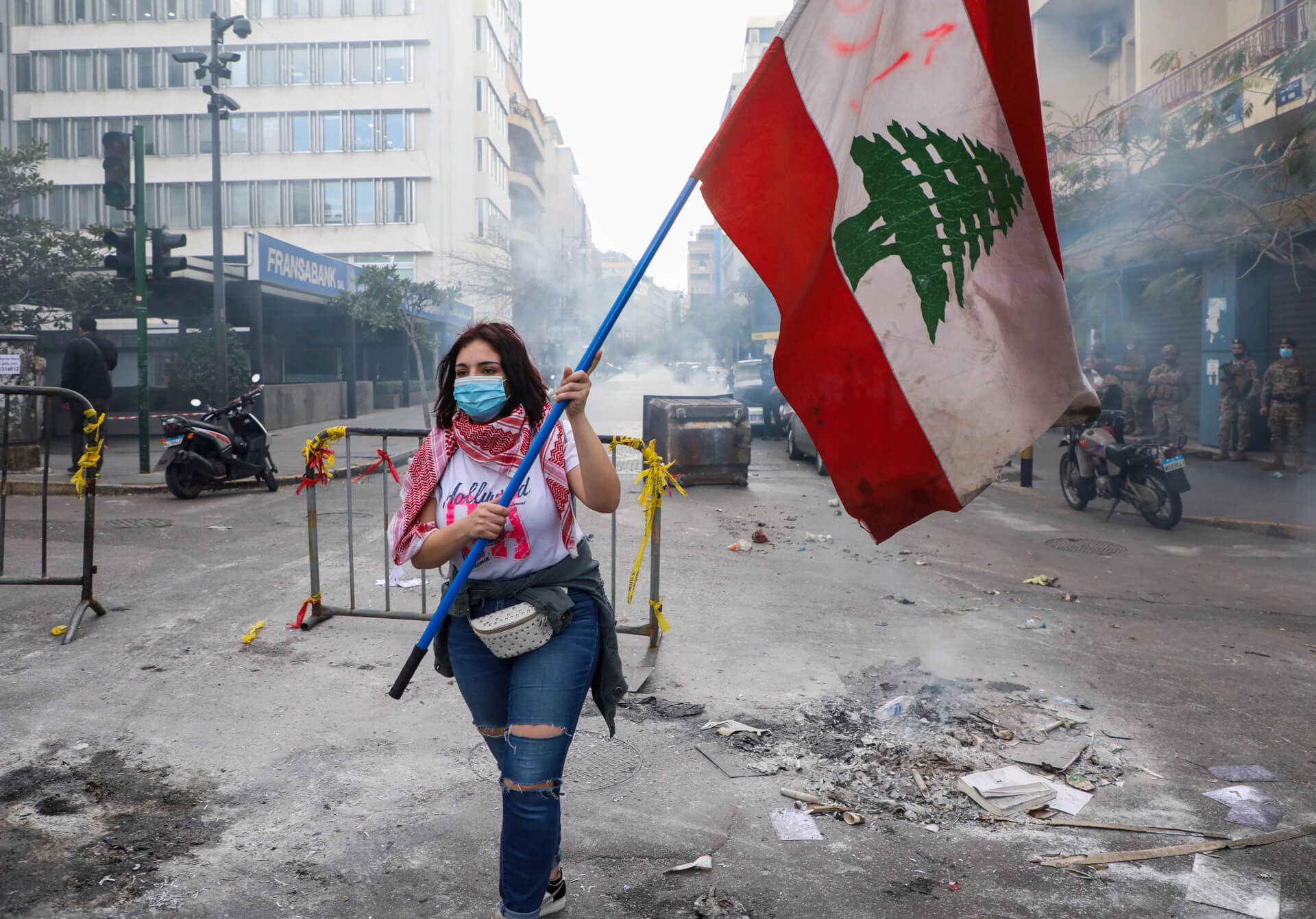The European Union (EU) has expressed willingness to reach a consensus on a legal framework for a “sanctions regime” against the Lebanese leaders by the end of this month. However, the Union stated that the sanctions would not be implemented immediately.
On Monday, EU foreign policy chief Josep Borrell said, “I can say that the objective is to complete this by the end of the month. I am not talking about the implementation of the regime, just the building of the regime according to sound legal basis.” Likewise, French Foreign Minister Jean-Yves Le Drian said, “Lebanon has been in self-destruct mode for several months. Now there is a major emergency for a population that is in distress.” Le Drian added that the Union’s 27 members had reached a consensus on the sanctions regime.
After setting up a sanctions regime, the bloc is likely to discuss the imposition of sanctions, such as the freezing of assets and travel ban on Lebanese politicians accused of corruption, human rights abuses, financial misconduct, and obstructing efforts to form a new government.
The EU, led by France, wants to impose sanctions on Lebanese leaders responsible for political chaos and economic instability following last year’s Beirut explosion that led to “financial crisis, hyperinflation, food and fuel shortages and electricity blackouts.” The blast at the Beirut port on August 2 last year, which killed 200 people and left thousands wounded, was caused by tonnes of ammonium nitrate fertiliser stored improperly. Reports suggested that the officials were aware of the improper storage of explosive substances. Following the incident, Prime Minister (PM) Hassan Diab resigned, and since then, Lebanon has been headed by PM Diab’s caretaker government, with politicians stalling the formation of a new government for eleven months.
The Guardian reported on Monday that the judge investigating the blasts rejected a request by Lebanon’s Members of Parliament for more evidence before the immunity of three former ministers could be rescinded. In July, the lead judge, Tareq Bitar, demanded that the Parliament should waive the immunity of the former finance minister, interior minister, public works minister so that they can be tried for “negligence” and “probable intent to murder.”
Monday’s move might mean a new standoff, with fears that the inquiry could be derailed by political interference. In February, Bitar’s predecessor was removed from the investigation after being accused of impartiality by the court. It came against the backdrop of the judge’s decision to charge the caretaker PM Diab and three former ministers with “negligence and causing [the] deaths of hundreds.”
Moreover, human rights groups like Amnesty International and Human Rights Watch have demanded an investigation by the United Nations into the blasts.
During a two-day visit to Lebanon last month, Borrell warned the leaders of the impending sanctions and said, “Of course, we prefer not to go down this road, and we hope that we will not have to, but it is in the hands of the Lebanese leadership.”
EU, Led by France, Agrees to Impose Sanctions on Lebanese Leaders
Led by France, members of the European Union have expressed willingness to impose sanctions on Lebanese politicians responsible for obstructing the formation of a new government.
July 13, 2021

SOURCE: REUTERS
